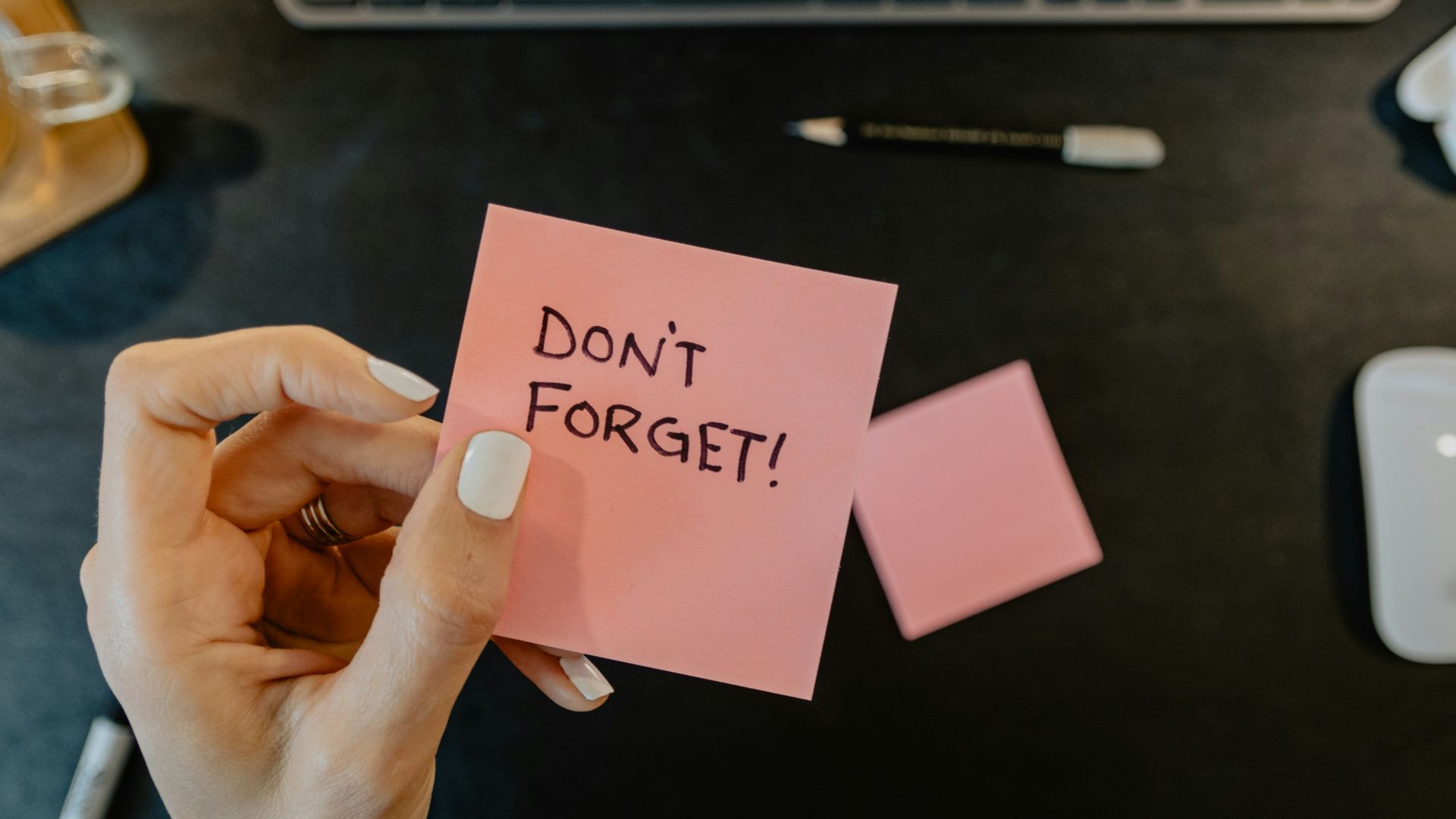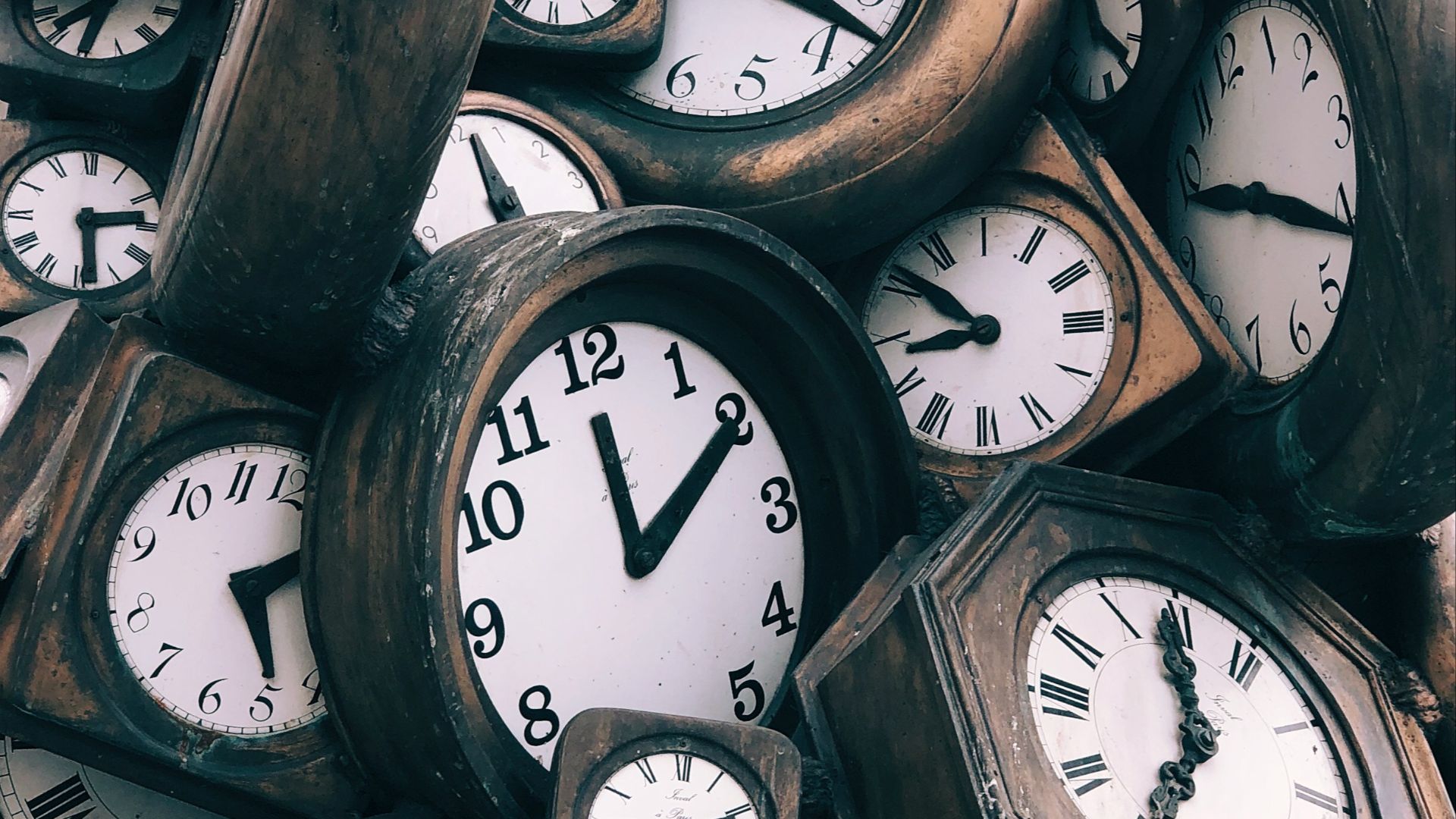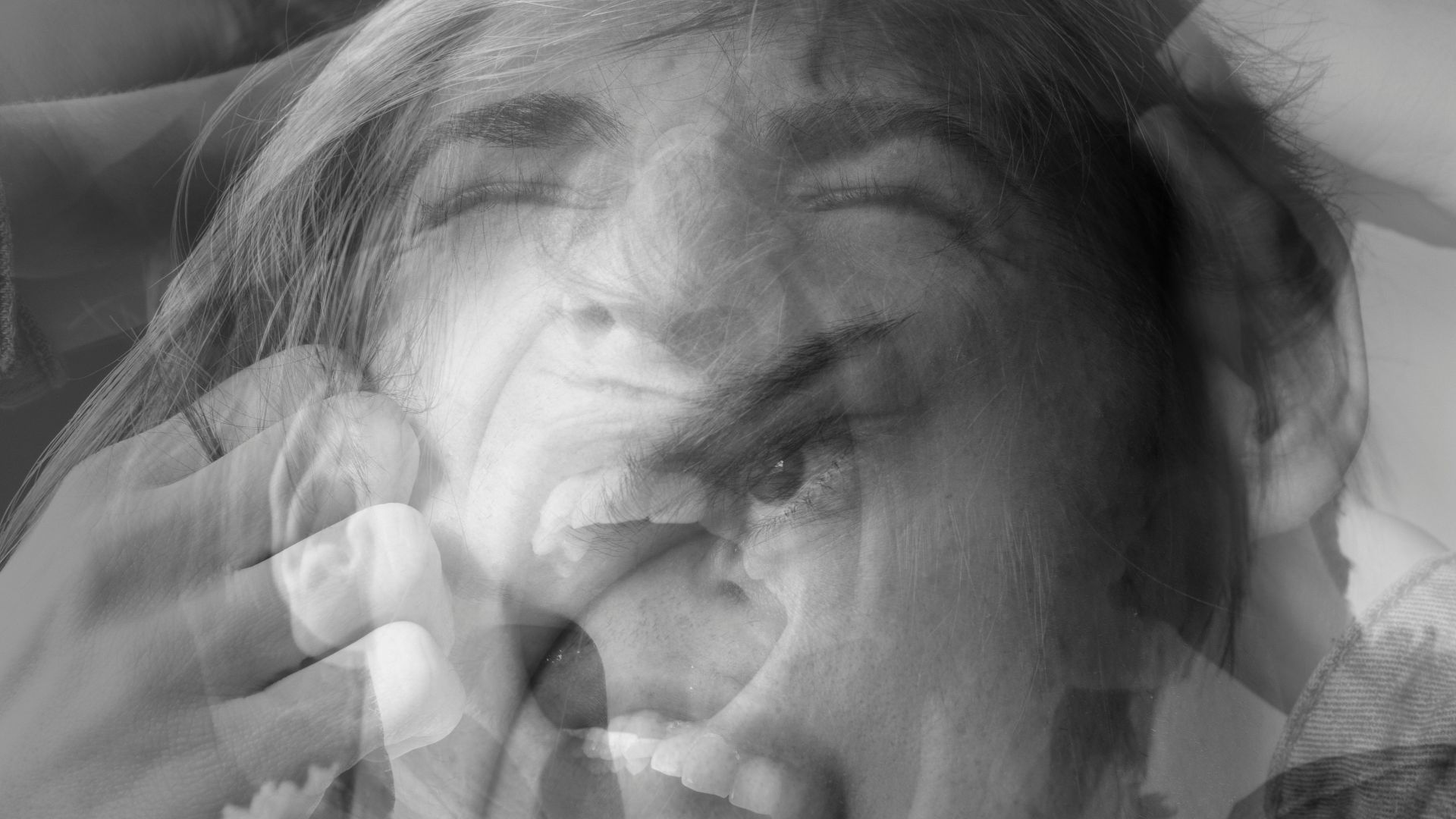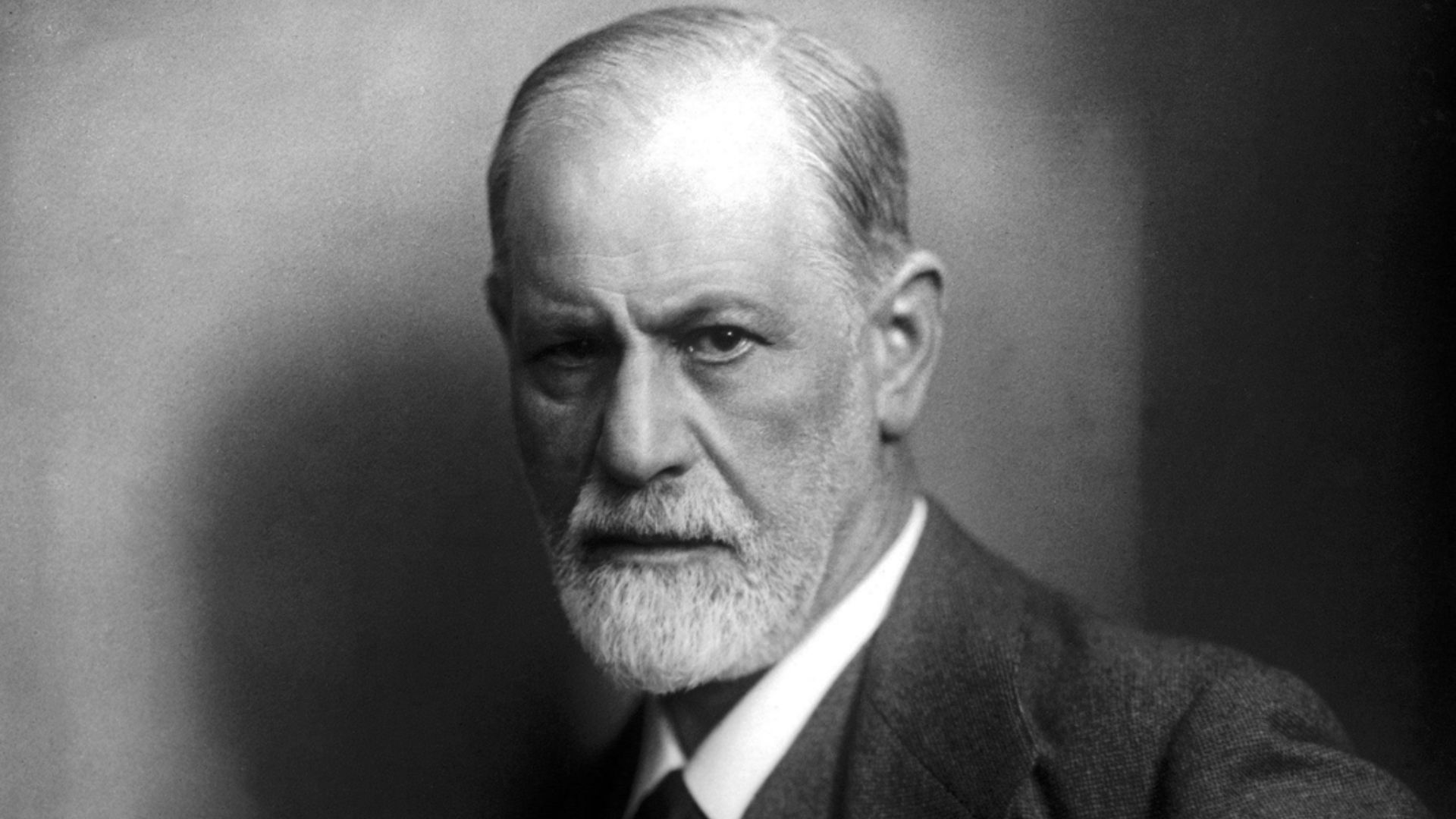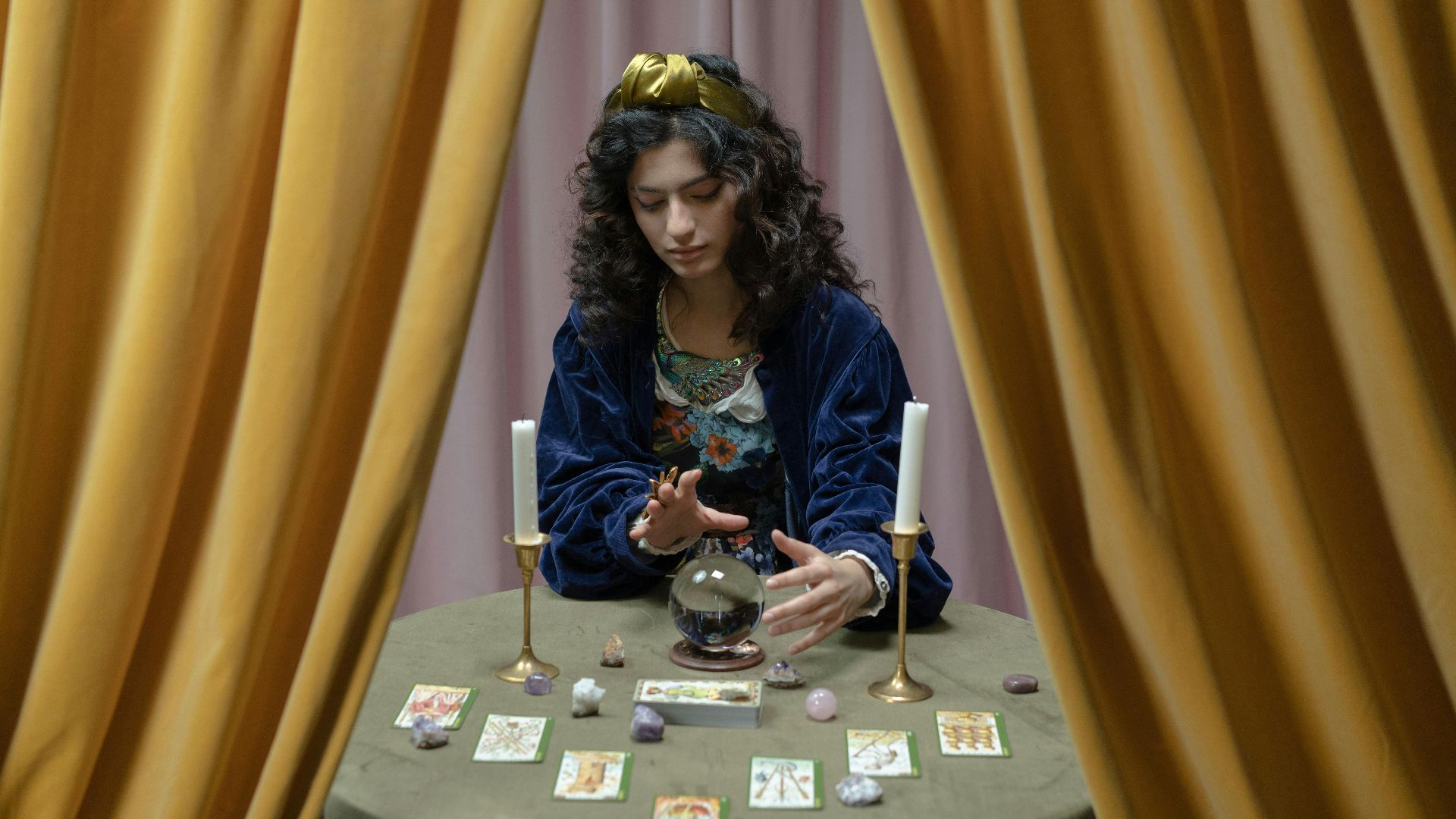From Science To Superstition
Dreams have fascinated humans for centuries. Are they messages from the subconscious, random brain noise, or secret windows into our deepest fears and desires? While there's a lot we still don't know about them, there are plenty of pervasive notions that are definitely not true. Here are 10 intriguing facts about dreams and 10 common myths.
1. The Faces In Your Dreams Are People You've Seen Before
You may think that the people in your dreams are invented, but just because you don't recognize them doesn't mean you haven't seen them before. Every face that shows up in your dream is someone you've seen in real life.
2. You Forget Most Of Your Dreams
It may be time to start keeping a notebook next to your bed. You forget an astonishing amount (up to 90 percent) of your dream in the short window of time after waking up.
3. Not Everyone Dreams In Color
People can dream in black and white. However, color dreams are more common today than in earlier decades, influenced by the rise of color TV versus black and white media. Still, around 12 percent of people report dreaming exclusively in greyscale.
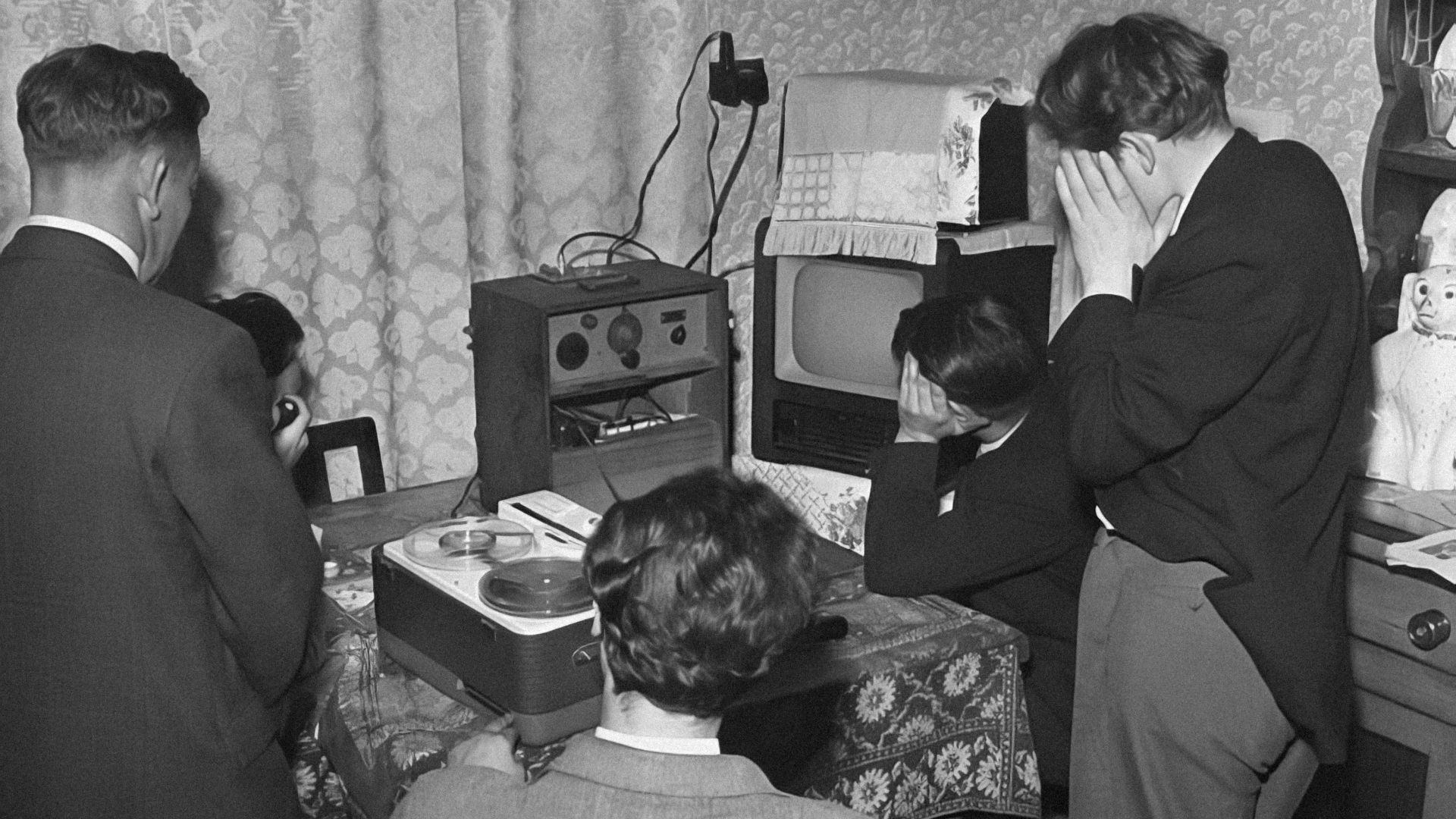 Llyfrgell Genedlaethol Cymru / The National Library of Wales on Unsplash
Llyfrgell Genedlaethol Cymru / The National Library of Wales on Unsplash
4. Everyone Dreams
Everyone dreams every night, regardless of whether you remember your dreams. Most people have three to six dreams each night.
5. Animals Dream
It's not only humans that dream, animals dream too. Studies done on rats, cats, and dogs have found that they experience REM sleep and replay their daily activities in dreams, much like people.
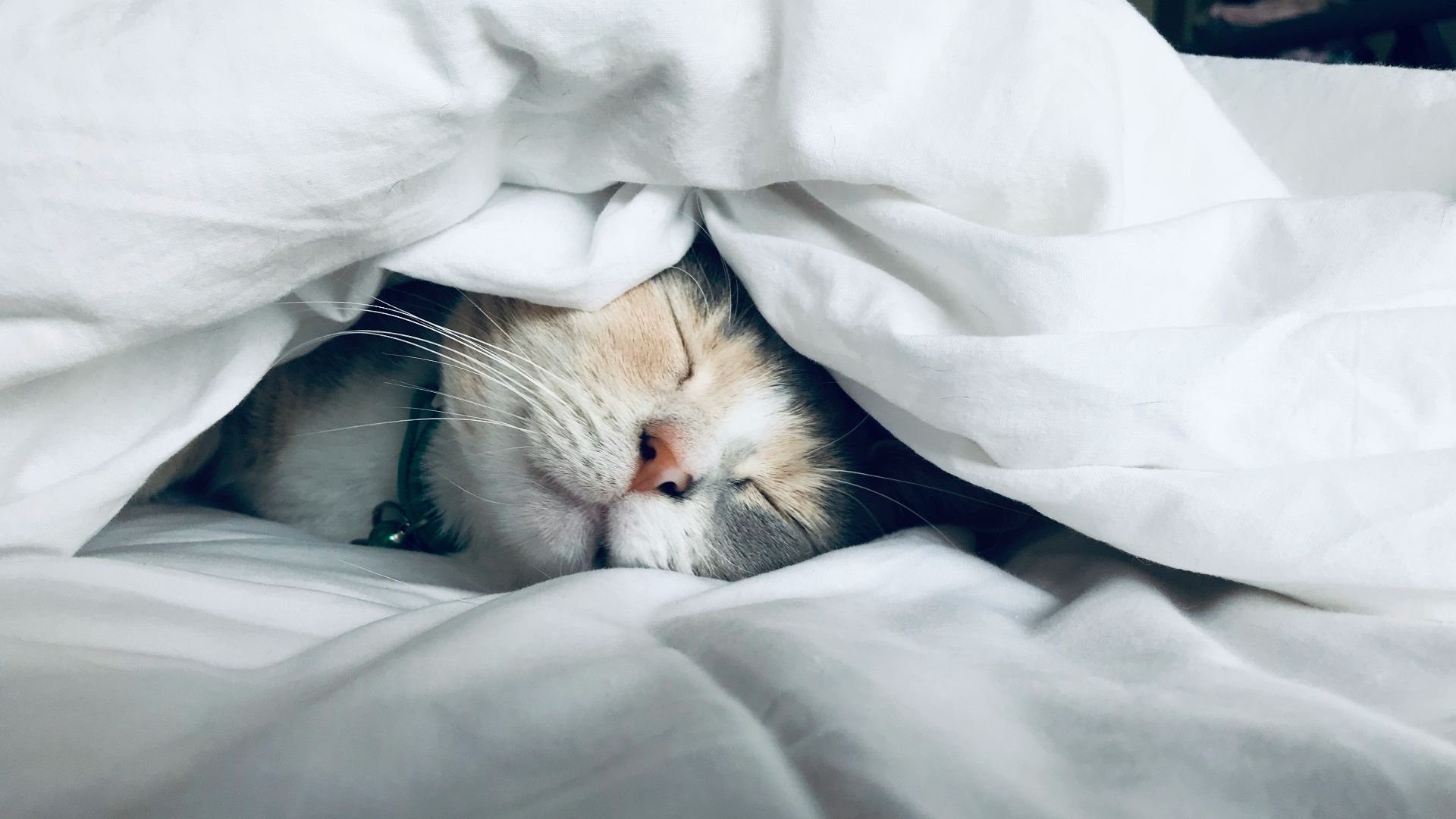 Kate Stone Matheson on Unsplash
Kate Stone Matheson on Unsplash
6. Blind People Dream
Blind people dream, too. People who were born blind may only dream in sound, smell, touch, and emotion, but those who became blind may still dream with visuals.
7. You Can Control Your Dreams
Lucid dreaming is real. Some people can become aware they're dreaming and can control the dream. While for some this comes naturally, others have to train their mind to do it.
8. You Can't Read Or Tell Time In Dreams
When you see words or a clock in your dream, it often looks distorted or nonsensical. This phenomenon isn't fully understood, but it's linked to the impaired functioning of the brain in areas responsible for language and numbers that happens during sleep.
9. Dreams Happen Mostly During REM Sleep
Rapid eye movement (REM) sleep is the stage characterized by heightened brain activity, especially in the areas responsible for memory and emotions. Most of our dreams occur in this sleep stage because it provides the perfect conditions.
10. Emotions Are Amplified In Dreams
Because activity in the area of the brain responsible for emotion is stronger, we experience stronger feelings during dreams. At the same time, the area responsible for logical thinking is suppressed.
Now that we've talked about the coolest facts about dreams, let's go over some common misconceptions.
1. Dreams Have Hidden Meanings
There's no scientific evidence that dreams have universal meanings. They may represent different things to different people, but mostly, they're just the brain's way of processing all the data thrown at it.
2. People With Mental Illness Dream Differently
Contrary to what you might assume, people with mental illness don't have more abnormal dreams than others. However, people with PTSD may have more frequent nightmares.
 Fernando @cferdophotography on Unsplash
Fernando @cferdophotography on Unsplash
3. You Can Easily Control Your Dreams
While it comes naturally to some people, most have to train their brains to lucid dream. It takes practice and techniques like meditation and dream journaling.
4. If You Die In A Dream, You Die In Real Life
No, Freddy Krueger isn't real. The notion that if you die in your dream, you die in real life is purely fictional. If you die in a dream, you'll most likely just wake up.
5. A Large Meal Before Bed Causes Nightmares
While eating a large meal before bed may disrupt your sleep quality, it isn't going to cause more nightmares. It may, however, increase dream recall.
 Jarritos Mexican Soda on Unsplash
Jarritos Mexican Soda on Unsplash
6. Dreams Predict The Future
People tend to think dreams are some kind of premonition. They reflect memories, emotions, and subconscious thoughts that may affect your decisions in real life, but they aren't some kind of prophecy.
7. Dreams Are Random Nonsense
While dreams don't necessarily have a universal symbolism, they aren't random nonsense either, even if they're strange and hard to interpret. Dreams are your mind's way of processing feelings and experiences and organizing memories.
8. If You Remember Your Dreams, It Means You Slept Well
There's the common myth that if you remember your dreams, it means you slept well, but the opposite is more likely to be true. While dream recall varies from person to person, interrupted REM sleep often leads to remembering your dreams better.
9. You Only Dream During REM
Most vivid, story-like dreams happen during REM, but dreaming isn't limited to only that stage. Non-REM dreams, which occur in lighter sleep stages, are shorter and more thought-like.
10. If You Dream About Someone, They're Dreaming About You
The notion that there's some kind of two-way link between your dreams and another person's is complete fantasy. Your dreams are merely reflections of your own feelings or memories of that person.




